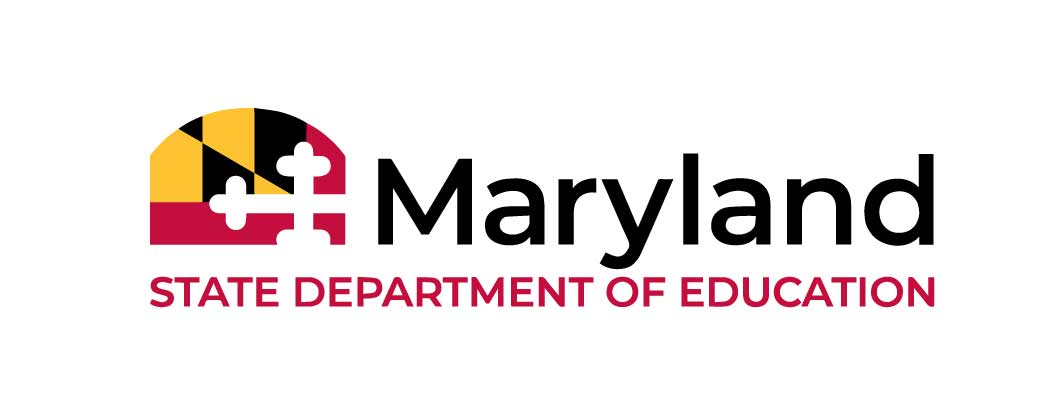Transition Talks: Transition Assessment

Transition assessments are measures that facilitate a “planned, continuous process of gathering and organizing information on the student’s strengths, needs, preferences and interests in relation to the demands of current and future living, learning, and working environments” (Sitlington, Neubert, Begun, Lombard, & Leconte, 2007).
In Maryland, students are required to have at least 2 different age appropriate transition assessments to serve as the foundation to identify transition goals and determine transition services. The information gathered through transition assessment is essential in setting goals and making plans for post-school adult life. Perhaps the most important reason to conduct multiple transition assessments is to help students learn about themselves and better prepare for taking an active role in their career development (Zunker and Osborn, 2006).
The intent of secondary transition planning is that each student’s interests, preferences, and abilities are assessed every year through the use of a variety of types of transition assessments. The information collected from these assessments is then used as the basis for individualized transition plans that lead to positive post-school outcomes.
Local Spotlight
The Maryland Secondary Assessment Toolkit
The Maryland Secondary Transition Assessment Toolkit contains resources and assessment tools to use with students for transition planning. Transition assessment should serve as the foundation to identify goals and determine services. These assessments facilitate a “planned, continuous process of gathering and organizing information on the student’s strengths, needs, preferences and interests in relation to the demands of current and future living, learning, and working environments” (Sitlington, Neubert, Begun, Lombard, & Leconte, 2007, p. 3).
The assessments in this toolkit are organized into four areas: career, college, community, and self-determination. Each section contains a list of assessment tools with a link to access them, a description, the recommended age group and how long the assessment should take. Each of the assessments included in this toolkit have been selected by transition professionals and piloted with students in Maryland. We encourage you to use this toolkit as well as transition assessments from other sources to gather and organize information about your students to prepare them for a seamless transition from school to adult life.
Questions to Consider
- Why is it important to base a student’s transition plan on age appropriate transition assessments?
- How do students/families benefit from transition assessment?
- What new information could we learn about a student through transition assessment?
- Where can I find transition assessments?
Resources
- Secondary Assessment Toolkit
- NTACT Age Appropriate Transition Assessment Toolkit*
- Center for Change in Transition — Age-Appropriate Transition Assessments
* This pdf is not 100% accessible and is not a required resource.



